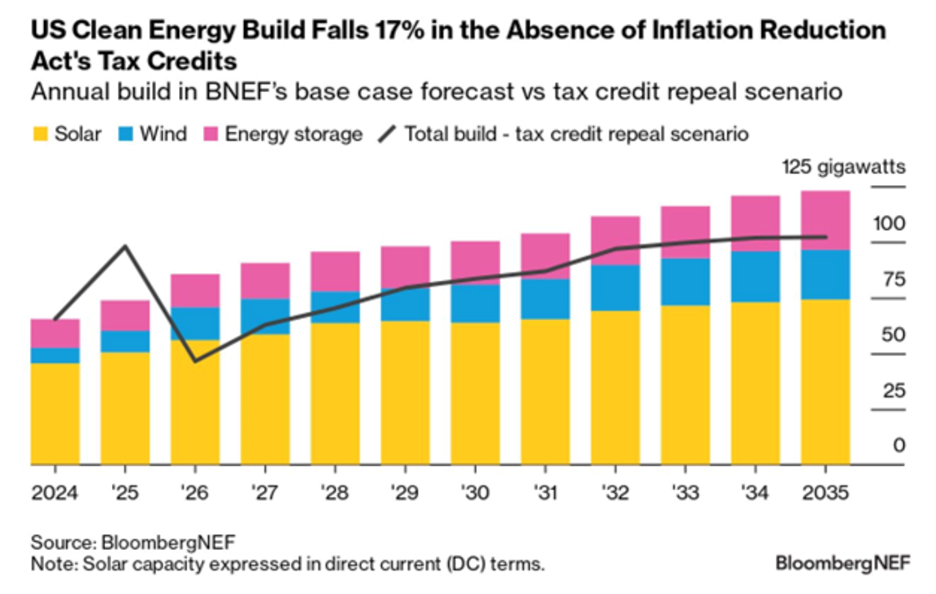The Time Has Come...To Pay Our Fair Share
- 1. Aug. 2022
- 2 Min. Lesezeit

August 2, 2022
Inside the Inflation Reduction Act proposed last week by Senators Manchin and Schumer is a hidden return to normal, a call to pay our fair share, a reinstatement of the Superfund Tax that ceased in 1995 on the production and import of specific petroleum products. These same petroleum products, when produced, often result in toxic chemicals released into our environment.
Where these toxic chemicals are released measured by Congressional district are described in Responsible Alpha's latest dashboard Toxic Chemicals and Congressional Districts in the U.S.
Beyond the bill’s headline $370 billion in funding to mitigate the climate crisis, there is a fee on the potent climate change gas, methane – up to $1,500 a ton – which is now at 1,896 parts per billion, 162% greater than pre-industrial levels.
ExxonMobil, Chevron, and Shell announced a record combined $46 billion in earnings in Q2 ’22. The climate bill also announced needed adjustments to the royalty rate companies pay to the government for oil and gas produced on federal land.
Fixed Income
Singapore is launching its first sovereign green bond aiming to raise at least $1.5 billion for public transport expansion in the land-locked country. The tenor of the Singapore dollar debt will be between 30 to 50 years with the use of proceeds to support green infrastructure and other environmental benefits. The debt is the first of a growing government mandated pipeline of up to $35 billion in green sovereign debt to be issued under the Singapore Green Plan 2030.
Equities
The Investment Integration Project (TIIP) released a report on how companies can work to create sustainable and long-term value through systems-level changes. The report found that investors are aware that they need to tackle issues such as climate change and income inequality, but they struggle with where to begin with ESG integration. Investors are looking to address the risks and opportunities highlighted by TIIP to fulfill their fiduciary obligation to maximize long-term financial returns to their clients and beneficiaries.
Indices, Commodities, and Derivatives
Russia announced it is weaponizing its gas exports to the EU by halting flows to Latvia, which has been a critic of Russia’s war on Ukraine. While European gas prices unsurprisingly increased by 6% as a result, Russia has previously halted or decreased fossil gas flows to companies in other European countries including Poland, Germany, and the Netherlands. Russia supplies about 40% of the fossil gas used in the EU.
Latvia’s 2020 fossil gas imports from Russia valued at $201 million were only 1% of Latvia’s overall 2020 imports of $19.3 billion. In 2020, 79% of Latvia’s fossil gas imports were from Russia.
Markets, and Fiscal and Monetary Policies
While it was no surprise that the U.S. Fed raised rates by 0.75% last week, it was surprising to see the European Central Bank raising interest rates for the first time in 11 years by 0.50%. Following Switzerland's central bank surprise with its first increase in 15 years last month, the rates environment in the EU now favors firms positioned to withstand volatile markets with products and services that are built for the new normal, where climate change impacts capital allocation strategies.





Kommentare